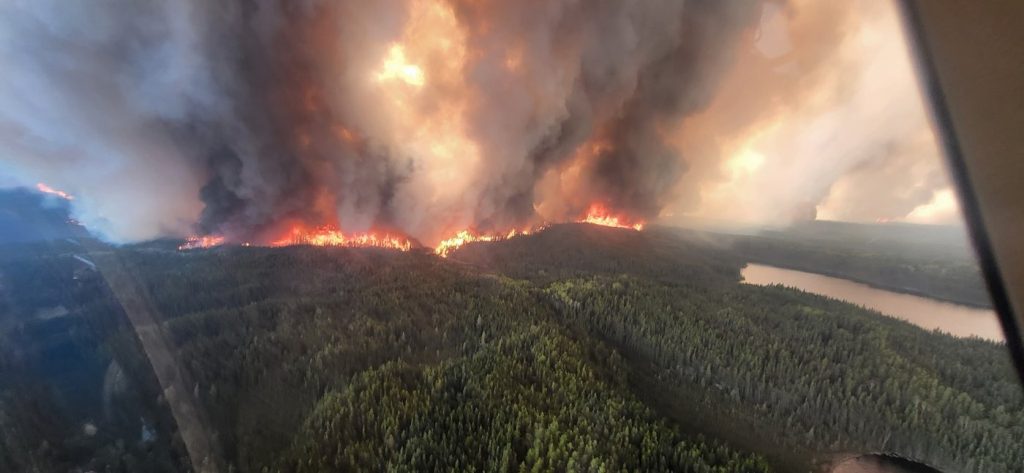Ontario Issues Special Air Quality Warning as Wildfire Smoke Expected Overnight
Wildfire smoke from western Canada is expected to cause poor air quality in Toronto and Ontario overnight, prompting health warnings and outdoor activity advisories.

Environment Canada has issued a special air quality statement for Toronto, the Greater Toronto Area (GTA), and much of Ontario as wildfire smoke is forecast to move into the region overnight. Residents are being advised to prepare for deteriorating air conditions, with smoke expected to cause poor air quality and reduced visibility from Thursday evening into Friday morning.
According to weather officials, as wildfire smoke intensifies, outdoor activities should be limited, particularly for those most vulnerable to air pollution. Those at higher risk include individuals aged 65 and older, people who are pregnant, and anyone with pre-existing health conditions. The weather agency urges these groups to reschedule or avoid strenuous outdoor activities until air quality improves.
The smoke may bring a range of mild but common symptoms such as eye, nose, and throat irritation, headaches, or a mild cough. Health authorities caution all residents to be vigilant for any signs of discomfort, especially children, seniors, and individuals with respiratory issues like asthma or chronic bronchitis.
The smoke is originating from wildfires raging in Alberta, Saskatchewan, and Manitoba. Thousands of Canadians have already been forced out of their homes by the advancing flames, and the resulting smoke has traveled hundreds of kilometers—even reaching parts of Europe in recent days.
Meteorologists warn that Toronto could face an exceptionally smoky summer. Forecasters are predicting a hotter-than-normal season across much of Canada, which could exacerbate wildfire risk and lead to more frequent air quality alerts. “Those hot, dry conditions spell trouble when it comes down to the wildfire threat,” explained weather expert Jessie Uppal, noting that increased temperatures can quickly dry out vegetation and contribute to the spread of fires.
At present, the air quality index in Toronto stands at 4, indicating a moderate health risk. Officials say the situation could change quickly, urging everyone to stay informed of updates and advisories as conditions evolve.




